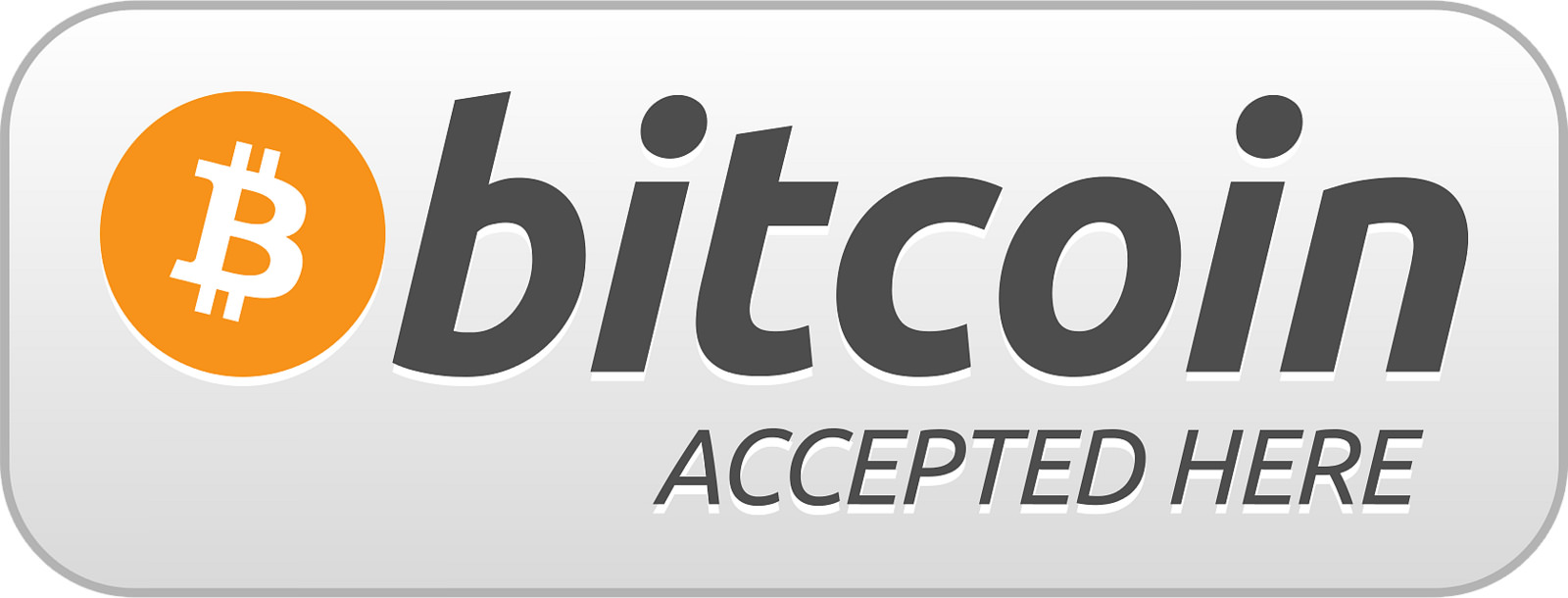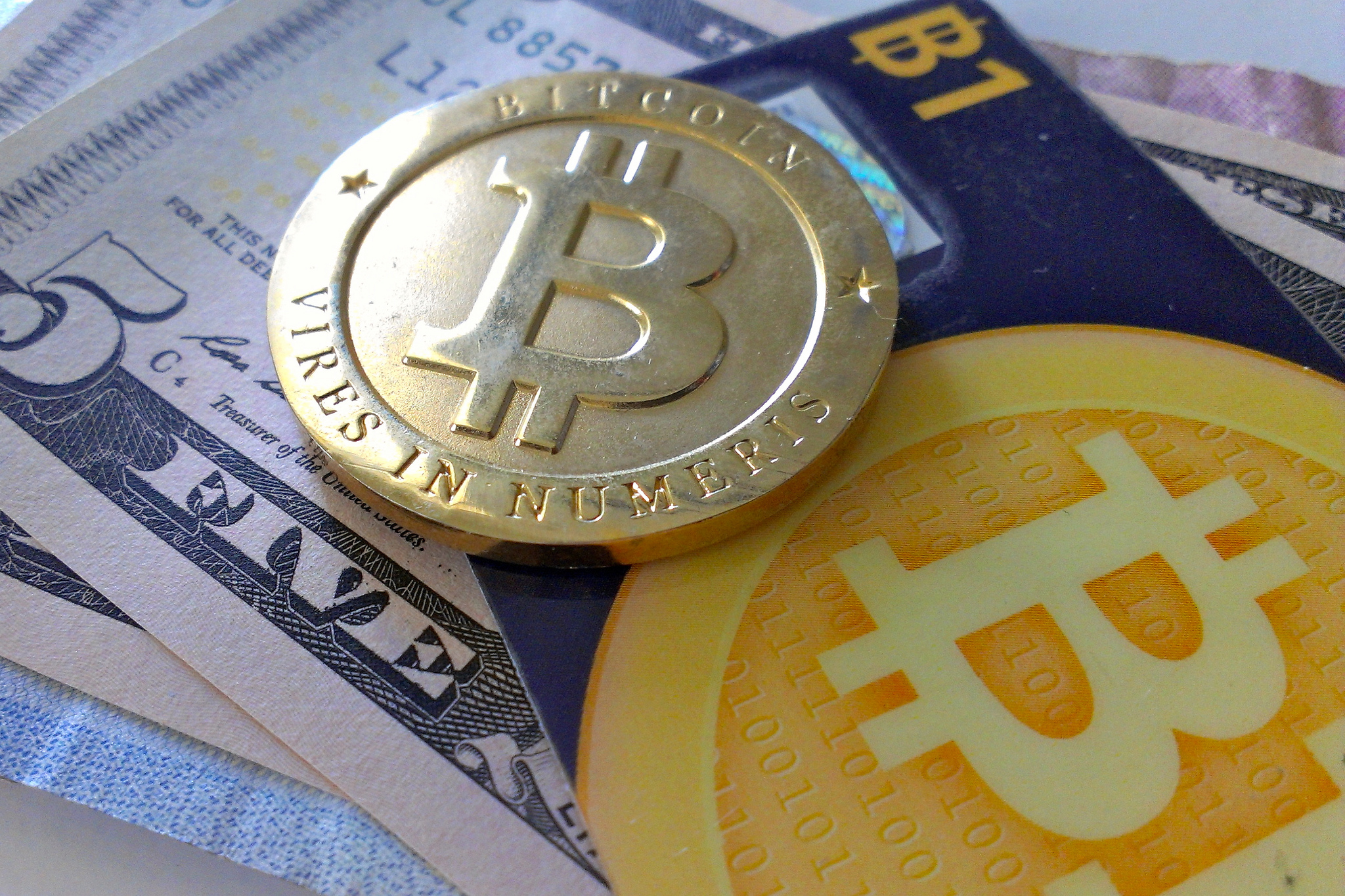“Best money closer to the top.” (CC BY-SA 2.0) by zcopley.
Bitcoin – the world’s first decentralised currency has a brief but fascinating history. From shadowy beginnings, it is starting to become more and more understood, recognised and used. Today, there are more than 100,000 bitcoin transactions taking place every day, which is remarkable when you think that it didn’t exist – not even as a concept – until late 2008.
One of the reasons for the increase in use is that people have realised that they can use the currency – or cryptocurrency to use its proper description – for normal, everyday transactions, as opposed to very niche websites the early press associated bitcoin with. One of the big drivers for this is actually online sportsbooks and casinos.
What is Bitcoin?
Satoshi Nakamoto, (or someone, or even some people going under that name), first proposed the concept of bitcoin in a white paper in October 2008. Interestingly, Neal King, Vladimir Oksman, and Charles Bry had filed a patent for an encryption application, as well as registering the bitcoin.org domain two months earlier despite denying any connection or knowledge of Nakamoto.
In January the following year, Genesis was launched, the nickname given to the first block allowing the so-called mining of bitcoins to be carried out. This was followed a few short weeks later by the first transaction, carried out between Nakamoto and the cryptographic activist Hal Finney.
The idea behind the currency was to provide a currency based purely on mathematical proof, and one that would be independent of every institution, nation or central authority. It would be transferred practically instantly at minimal cost. The concept was that there would only ever be 21 million bitcoins created – or mined, and that these would be broken down into smaller and smaller denominations. The smallest of these is the Satoshi, and is one hundred millionth of a bitcoin.
Uses of Bitcoin

“Bitcoin-accepted-here-printable” (CC BY-SA 2.0) by MamaDeFuego
In theory, bitcoins can be used to buy and sell anything, and many people see it as the first step to a cashless society. In reality, there are problems with that, as not everyone accepts or understands the currency. Even among those who do, there have been spectacular instances where misjudgements have resulted in huge potential losses, including the two pizzas bought in 2010, that have subsequently been valued at over $5 million.
Things are progressing quickly, however. Computing giants Dell and Microsoft rather unsurprisingly accept bitcoin, but more and more, less obvious companies are joining the party, such as AirBaltic and Air Lituanica, two East European airlines.
Online gaming is also one of the industries driving the move for increased bitcoin acceptance forward. In 2013, more than 5% of bitcoin transactions went through betting and gaming sites, and that figure is growing, as an increasing number of traditional sites accept the currency, as well as dedicated bitcoin gaming sites being established. Bitcoin sports betting is set to become a big player in the industry, and that in turn will give the currency wider publicity and further acceptance from the man on the street.

“Bitcoin Adoption by Country” (CC BY-SA 2.0) by zcopley
Because of the nature of the currency, how it gets it value, and the need for some technological understanding when dealing in it, we are still a long way off from the average man and woman using it to buy their weekly groceries. But as more and more industries – and less hi-tech and perceived niche industries and marketplaces take up the reins of this fascinating currency, it will surely become a genuine alternative to the traditional cash-based transactions we have used for millennia. Not for the first time, the gaming industry can be at the forefront of making such radical changes a reality.


